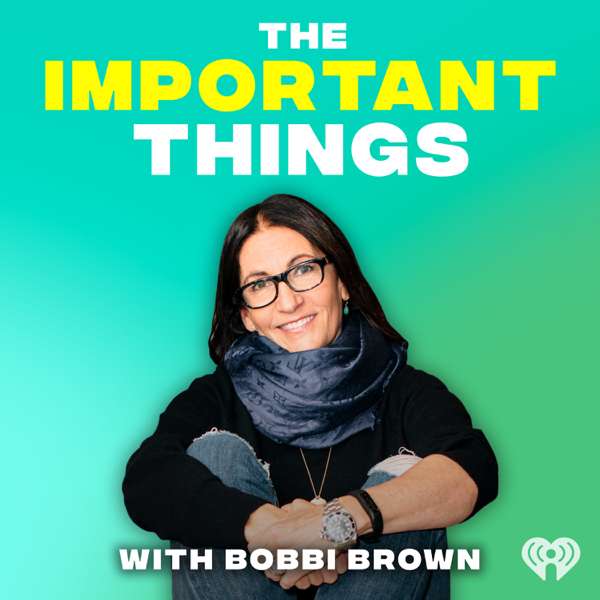Crime data has been a flashpoint in this election. Kamala Harris has claimed that violent crime is at a “near 50-year low,” while Donald Trump has insisted that crime is going up. According to the numbers reported to the F.B.I., Harris is right: Crime, especially violent crime, has been falling. But if you look at survey data, Trump is tapping into something people feel. Last year, 77 percent of Americans told Gallup that they believe crime is on the rise.
So what’s going on here? Why, if crime is falling, do people feel less safe?
Charles Fain Lehman, a crime and drug policy researcher at the Manhattan Institute, wrote a piece on his Substack, The Causal Fallacy, on exactly this question. In this conversation, we discuss why he thinks Americans are feeling less safe, despite what the data says, as well as the ideological shifts taking place around drugs and crime, on both the left and the right.
Mentioned:
“Breakdown” by Heather Mac Donald
“Between Tolerant Containment and Concerted Constraint: Managing Madness for the City and the Privileged Family” by Neil Gong
Book Recommendations:
Thinking About Crime by James Q. Wilson
Against Excess by Mark Kleiman
The Bonfire of the Vanities by Tom Wolfe
Thoughts? Guest suggestions? Email us at ezrakleinshow@nytimes.com.
You can find transcripts (posted midday) and more episodes of “The Ezra Klein Show” at nytimes.com/ezra-klein-podcast. Book recommendations from all our guests are listed at https://www.nytimes.com/article/ezra-klein-show-book-recs.
This episode of “The Ezra Klein Show” was produced by Rollin Hu. Fact-checking by Michelle Harris. Our senior engineer is Jeff Geld, with additional mixing by Aman Sahota. Our supervising editor is Claire Gordon. The show’s production team also includes Annie Galvin, Elias Isquith and Kristin Lin. Original music by Isaac Jones. Audience strategy by Kristina Samulewski and Shannon Busta. The executive producer of New York Times Opinion Audio is Annie-Rose Strasser. And special thanks to Switch and Board Podcast Studio.
Unlock full access to New York Times podcasts and explore everything from politics to pop culture. Subscribe today at nytimes.com/podcasts or on Apple Podcasts and Spotify.

 Our TOPPODCAST Picks
Our TOPPODCAST Picks  Stay Connected
Stay Connected







